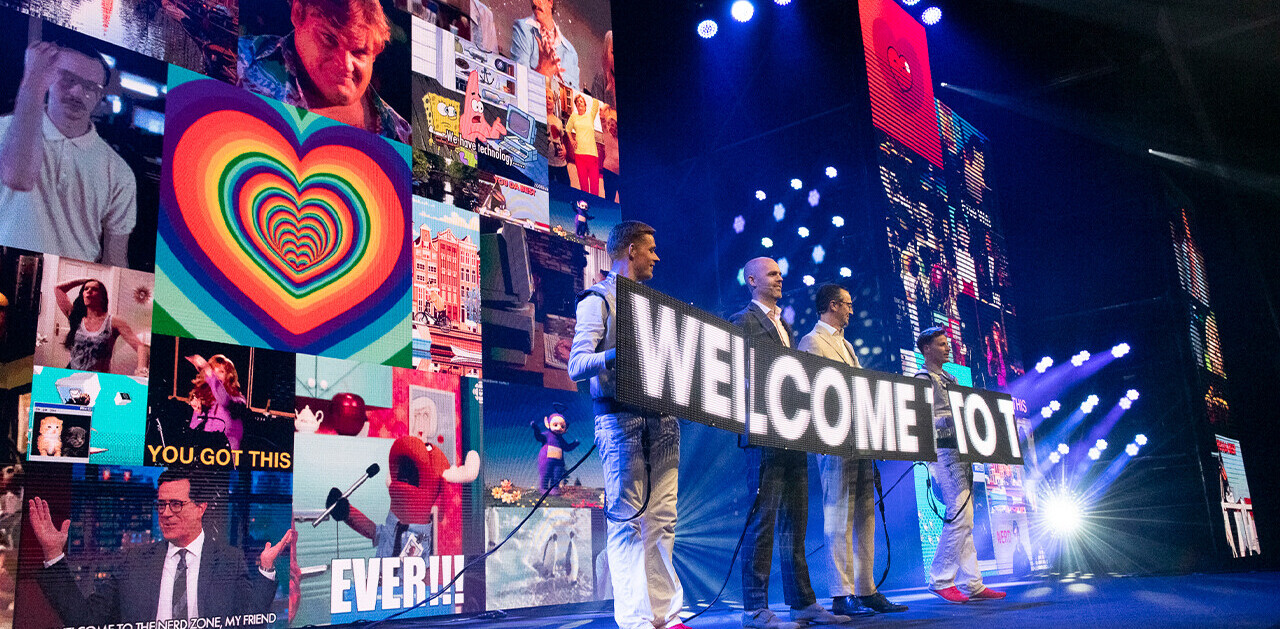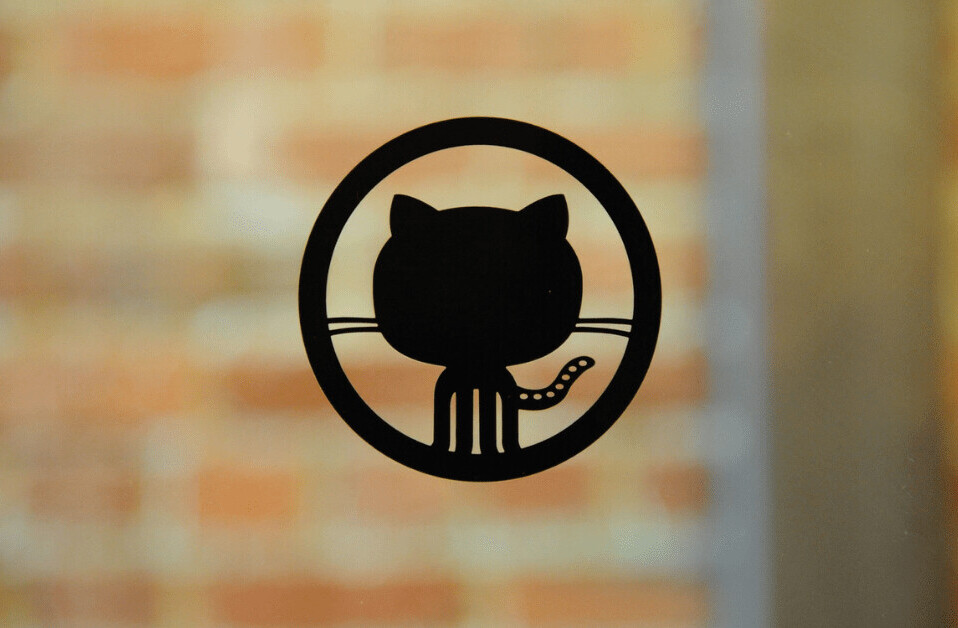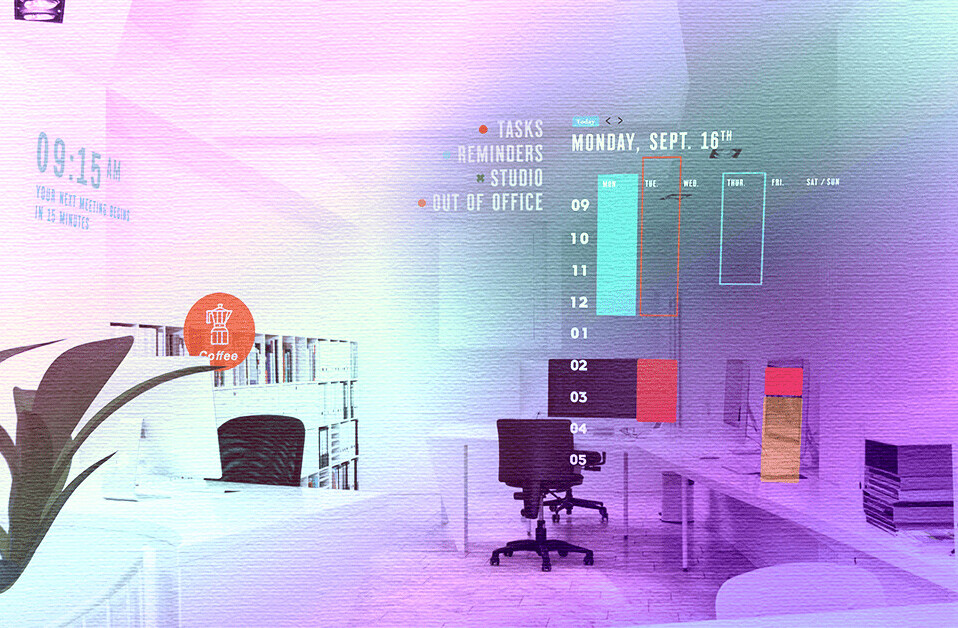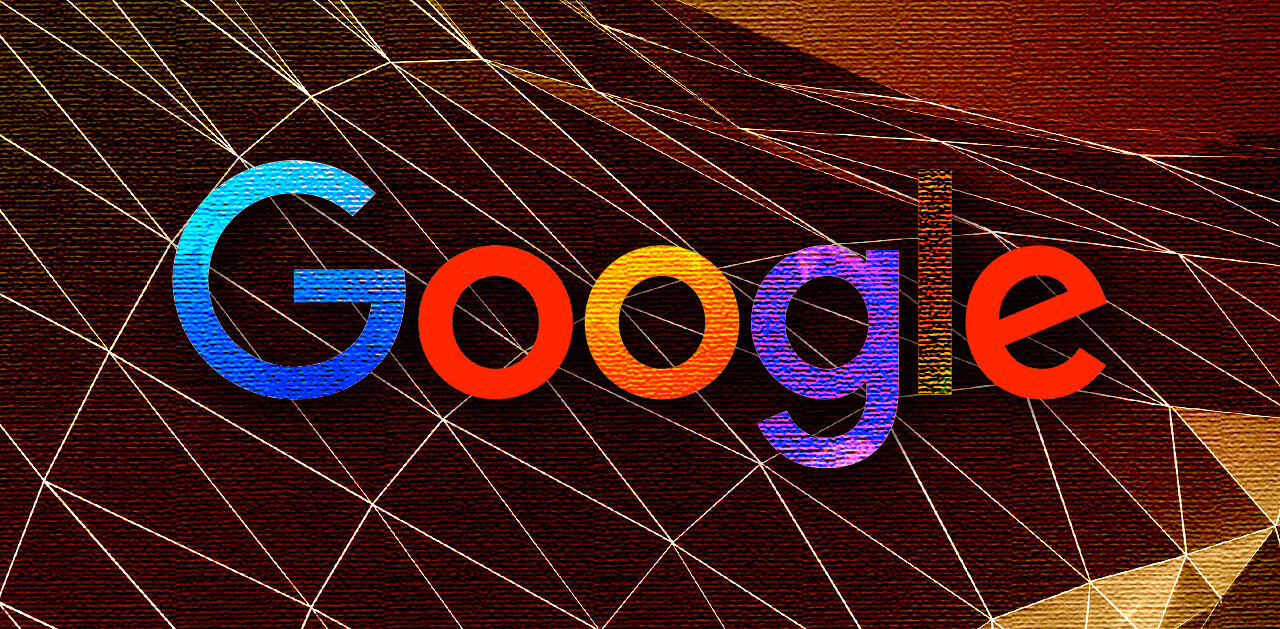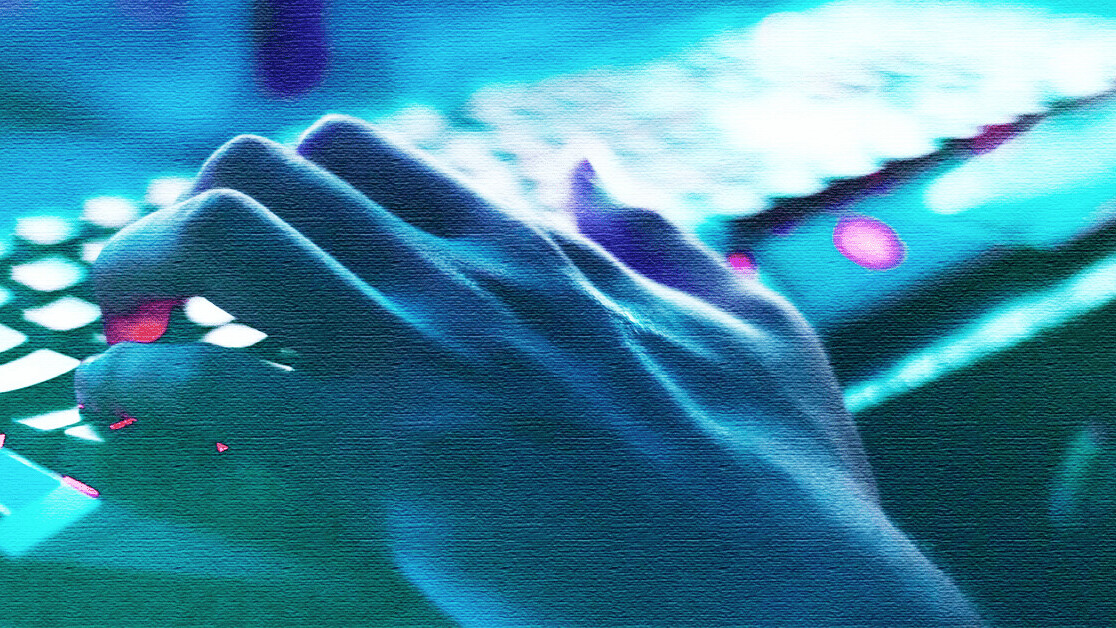
The author of this article shares her experience as a victim of digital and physical harassment. She will remain anonymous for safety reasons.
Stalking became a hot topic when Netflix released the hit series You. Unfortunately, many people were familiar with the plot all too well before its release. I’ve watched the show and, as someone who is currently being stalked, I could recognize an awful lot in the first season.
While technology has made so many wonderful things possible, I’ve sadly discovered it has also made us all more vulnerable. Stalking and harassing someone has become much easier since the internet and the use of mobile phones became a standard as it can be done more easily, it’s anonymous, and there are hardly any boundaries to it.
[Read: Sexual predators on Twitch: We all knew]
What makes this especially sad is that I’ve always been a geek, a gadget lover, a tech freak. My stalker (we’ll call them B) has used the technology I love to make my life a living hell — but I’ve also been consoled by it. However, if there’s one thing that my story should make clear to anyone who reads it, it’s that we need new laws based on our current technological reality to protect victims.
From trusting technology to despising it
When I started using the internet (the two of us go way back to 1995), I was a naive girl, obsessed with the digital world. This new realm, completely without boundaries and full of possibilities, was my means to escape and join the ‘big’ world out there. I truly believed the web was a positive force and would repair all things wrong with the world…
The internet also rapidly expanded my horizons. I met up with people I got to know online in real life, made new friends, and it kick-started my career.
And yet, years later, I regret it all. I wished I’d never met one person in particular. I feel extra stupid for never using a pseudonym or nickname, putting my real identity online, and for trusting someone with access to most of my personal data and digital accounts for years.
For years now, my phone — like for most people — has been my biggest treasure, connecting me with the whole world, wherever I am. But as you can make out from the title of this piece, my naivety cost me dearly.
‘Innocent’ phone calls were the beginning of a continuous nightmare
A cold day in February marked the start of countless anonymous phone calls. This was quickly followed by B hijacking my email, analytics, social, and website accounts, in addition to creating fake profiles in my name to sabotage me online and spread slander.
Threats, embarrassments, and even blackmail followed and it sometimes took me days to regain access to my accounts. My phone also became completely unusable because of the endless call attempts, which was probably the point, as it robbed me of other connections.
I had never used 2-step authentication at first, always used the same password for everything, and connected my Twitter to every possible channel as it was so easy to use as a login. And it turns out that when you don’t use a pseudonym and your photo is all recognizable over the internet, it’s easy for someone to pretend they are you.
Being reachable via your mobile and social media, and connected 24/7 for both business and private, made it all exponentially worse. I loved my work and had never really considered separating it from my personal life.
Now all the traces I once left on social media were triggers and clues for my stalker to find my whereabouts. The Internet Archive wasn’t of much help either; all the information I had shared online carefree was now being used against me.
The stalking moved offline. Occasionally, I was ambushed at events or places I frequented, places my stalker knew. I was often followed on my way home on Friday nights, or would find B waiting by my door, appearing when I would least expect it.
And when someone has access to your online life too, simply changing your route home isn’t enough.
When the stalking got really bad, my stalker would also harass the people closest to me — by phone, via social media, in emails, or even in person at their office. B also made attempts to attack my livelihood by calling my clients, telling them I owed money. My stalker claimed they were my “curator,” sending invoices or even trying to change invoices with new banking details.
On most of the calls, B didn’t say anything, there was only silence. It wasn’t any better, it was pure intimidation.
Once when B chased me home, they deliberately hit the rear tire of my bicycle, causing me to fall. At that moment, I was completely helpless.
Normally, your reaction would be to reach for your phone, your safety net that you carry on you at all times. But I didn’t dare to grab my phone. I was too afraid B would be able to get their hands on it and use it to dig deeper into my life. Tech should’ve been a savior, but my stalker had turned it into a vulnerability.
I managed to escape in the end with the help of a passerby, but B got away.
New technology and law; not much they can do
As soon as the harassment began, I notified the Dutch police (I live in the Netherlands) — but nothing ever stuck to my stalker.
I filed every call, every email, and every tweet B had used to harass me in past years. I desperately reached out to the police, to my telecom provider, to anyone, but my stalker knew exactly how to stay within the boundaries of Dutch law.
I begged my phone provider after every call to make it stop. They couldn’t do anything and told me it’s mandatory within the EU to stay reachable for anonymous numbers — but I‘ve never been able to find the law they were referring to.
In addition to that, new technology isn’t really covered in current law. If somebody calls you anonymously, even if it’s on a regular basis, in the middle of the night, AND you can prove the person has reached out to mutual acquaintances around that same time, it’s still not enough to request a contact ban.
Because of laws like this, you, as the victim of harassment, don’t get to decide whether you’re being stalked — your phone provider does.
During the one occasion where there was a physical attack, the police were too busy to come and informed me that even though there were several witnesses, they considered my case ‘weak.’ Other times, they listened and advised me to change my mobile number, stop using social media, and maybe find another line of work — that’s all that could be done.
This ‘advice’ is an obvious non-starter in our technology-driven world. For example, by Dutch law, I need to feature my phone number on my website as an entrepreneur. It can also be easily looked-up at the Chamber of Commerce, so changing phone numbers would never be anything more than a temporary solution.
Tech knows no borders, while laws are limited by them.
My stalker lives in another European country, so Dutch law and Dutch phone providers have almost no power there. It wasn’t until recently that the police finally decided to take more action: they’re now tapping my phone data on a regular basis and they’ve given me a direct emergency contact. The district agent is also aware of the issue and we both report every call, also with the telecom provider.
However, the police still say it isn’t enough to demand my telecom provider ban my stalker or provide a restraining order or contact ban. Without any physical threats or proof, and even despite the physical attack, my case is hard to prove. Despite the gigabytes of recorded harassment I’ve gathered on B.
Living in fear
Over the years — this has been going on for more than six years now — I hadn’t thought the stalking had affected my daily life much.
It wasn’t until a couple of years ago, when my previous relationship ended, that I realized just how much it did. I also moved around the same time, so I lost the safety I felt in my old apartment and at my ex-boyfriend’s place.
While my private address has always been a well kept secret — only a handful of trusted people know it and I receive all my mail at my office — the nightly digital stalking is still an ongoing issue. And now that I’ve moved to a new place, and I’m on my own, the terror seems to come more easily.
Every morning I open my phone to find the screen filled with missed anonymous calls. I feel watched, intimidated.
B’s nightly calls always come around the same time; the time I seem to now have a subconscious alarm for. I wake up in survival mode — it’s hard to fall asleep after.
It’s exhausting to live in ‘fight or flight’ mode — it never turns off. I always watch my back when I come home. I’ve implemented some technical solutions for my peace of mind — cameras and an alarm system — but my unconsciousness never truly trusts that I’m safe.
I’ve traveled a lot in the past years for work, at least twice a month. Sleeping in hotels was what kept me going — these were the moments I was able to relax and refuel. Even if my stalker called me when I was on the go, I felt less vulnerable because I wasn’t home.
COVID-19 made me realize the impact my stalker really has on me
It wasn’t until the coronavirus changed our definition of normal and I was forced to work from my apartment that I realized I don’t feel safe in my own home.
And it’s actually become worse, as now pretty much every Uber driver, courier, postman, and package delivery person has my address, as my office also had to close. (News of Foodora’s data breach made me feel like my world had stopped turning for a few minutes, until I found out it didn’t include my new address.)
At first I tried to safeguard my address by writing a list of everyone that knew it. I started taking screenshots of everything as I became more paranoid.
While we’re living in the golden age of on-demand, address labels on boxes are my worst nightmare. Instead of unpacking a package right away, I first peel off the address label — now that’s what I call unhealthy behavior… Luckily everyone is having packages delivered these days, which has made it easier to hide my address. There’s a delivery box in my neighborhood where packages can be stored until I pick them up, whenever suits me.
But I still go there wearing a cap, sunglasses etc., scared of being recognized and exposing my best kept secret.
It’s actual impact
I’ve struggled with sleep for years now, needing more powerful sleeping pills and spending time in sleep clinics. Weirdly, what seems to work best is when I’m in a new place — I somehow feel safer and out of reach, and sleep better.
Also I’ve tried several therapies, including EMDR — talk about scary technology… those sessions were harsh. But the trauma is still ongoing, so it didn’t work out for me.
I’m still scared and angry about how much energy I have to put into getting away from this trauma, without any results. No matter how many sleepless nights, or how much I cry or how hard I scream, it has no effect on my stalker or their behavior.
But it does affect me — its traces are visible in my distrust in people, and even how I consume audio content. I’ve found I can only listen to meditations, audio books, etc. read by female voices, and that I can only listen to podcasts with male hosts during the day.
Recently I woke up so tired, all I could do was cry. I was tired of the stalking, of all the energy it consumes to file reports to the police, telcos, and adding to my personal log — in case it might one day be useful evidence.
So my doctor has prescribed me a drug that is normally prescribed for PTSD and depression, as a last resort.
At first I refused, not only because of possible addiction sensitivity, but also because I was tired of having to deal with the consequences of the stalking. It was yet another thing I would have to do that wouldn’t stop or punish my stalker in any way. Wasn’t moving apartments, changing my daily habits, how I interact with tech, and how I work enough?
The irony: feeling safer through technology
When I was scrolling Twitter, I got a recommendation for a sleep robot (I can’t stay away from Twitter, the platform has brought me so many good things that I try to ignore the harassment). I got in touch with the founders, and got a review unit after sharing my story.
It’s basically a robot that mimics the movement of a person’s breathing. It also has sounds for meditation and calming down. The idea is you spoon it like a teddy bear, like in the good ol’ days, and it’s soothing natural rhythm lulls you to sleep.
It’s truly ironic that after this horrible experience, it’s still technology (with the aid of medication) that finally helped me sleep like a baby in my own bed again — and for multiple nights in a row! My head finally feels clear again, I’m energized, and I’ve reclaimed the drive to chase my dreams again. My work is my passion again, not just something I just had to do despite feeling exhausted.
B hasn’t stopped though — I still get calls at least once or twice a night every other week, around the usual time. Every time I see the messages and missed calls on my screen, I realize I’m still living in a horrible nightmare. But at least I feel like I can fight again.
I won’t stop logging and reporting the harassment. I hold on to the hope that someday B will make a mistake and will end up in jail. But for now B remains anonymous to the law, with the help of technology. Until then, my stalker will always stay under my skin, no matter how hard I try to deny it.
Why I share my story
I can only hope my story reaches the people in power, whether it’s politicians or telecom providers. There must be a way to implement laws that protect victims of digital harassment, without invading people’s privacy. I’m writing this for those who are going through similar experiences.
Many people — mostly women — experience some levels of digital harassment. It makes you feel helpless, vulnerable, and stupid — even though you’re not responsible for it in any way. The only thing therapy really taught me was that this isn’t my fault. I thought for a long time I was the only one going through this, but none of us are in this alone.
There’s no real way to understand what drives a person to do this to another human being. It’s likely that it makes them feel powerful, exercising some form of control over me. But it’s B who has the issues, and uses technology in a sad and destructive attempt to reconnect with me.
It wasn’t until now when I’m ‘locked up’ in my house that I’m forced to face this. Writing this article has made me finally feel powerful. I don’t want to be a victim, but let my story remind authorities how much they need to improve, and urge everyone to support people in the same situation.
Stay strong, stay sane, and try not to give in to the impact a stalker tries to make. It’s hard and unbearable sometimes, but I know my friends always have my back. And while technology might be a tool for stalkers to use, other technologies help to empower victims to stay strong. My stalker can’t kill the inner geek in me — I won’t allow it.
Get the TNW newsletter
Get the most important tech news in your inbox each week.
